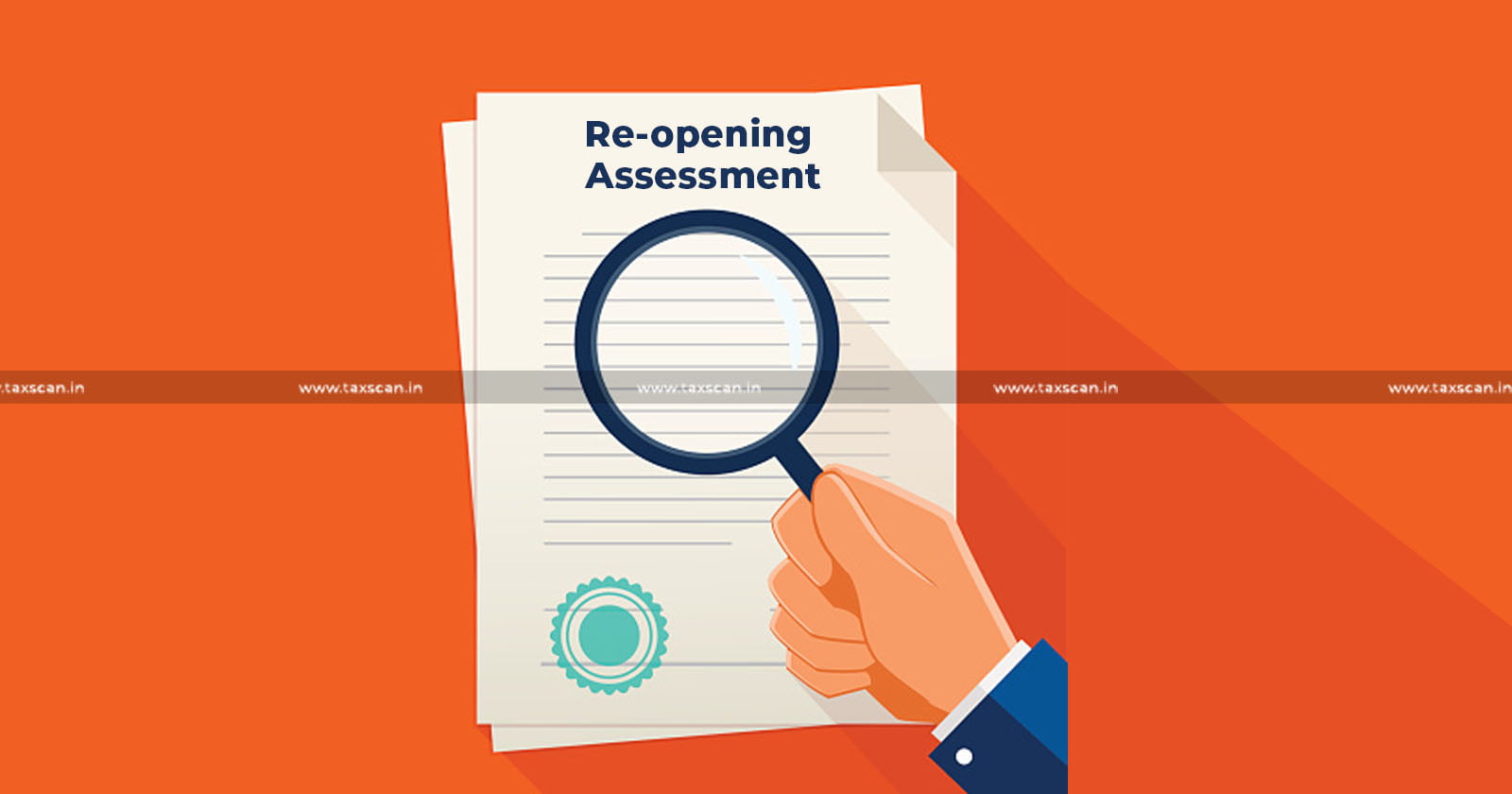AO cannot Re-open Assessment to Remedy Error Resulting from Oversight in Assessment Proceeding: Bombay HC [Read Order]
The Bombay HC observed that the Assessing Officer cannot re-open assessment to remedy error resulting from oversight in assessment proceeding

Bombay High Court – Assessment errors oversight – AO assessment proceedings – Reopening of Assessment – taxscan
Bombay High Court – Assessment errors oversight – AO assessment proceedings – Reopening of Assessment – taxscan
In a recent decision, the Bombay High Court observed that the Assessing Officer ( AO ) cannot re-open assessment to remedy error resulting from oversight in assessment proceeding.
The petitioner had filed on 29th September 2015, its return of income for AY 2015-16. Petitioner declared income of 'Nil'. An assessment under Section 143(3) of the Income Tax Act was made and an assessment order dated 14th December 2017 came to be passed determining Petitioner’s total income at Rs.58,96,900/-. The petitioner thereafter received the impugned notice dated 31st March 2021. Petitioner filed its objections vide letter dated 6th January 2021. Petitioner’s objections came to be rejected by the impugned order dated 25th March 2022.
Since in this case, the impugned notice under Section 148 of the Income Tax Act has been issued after expiry of more than four years from the end of the relevant assessment year and an assessment under Section 143(3) of the Income Tax Act having been made, the proviso to Section 147 of the Income Tax Act should apply.
As per the proviso, reassessment is impermissible after expiry of four years from the end of the relevant assessment year and where assessment under Section 143(3) of the Income Tax Act has been made unless there has been failure on the part of assessee to truly and fully disclose material facts during the assessment.
The Apex Court in Gemini Leather Stores v. ITO held that the assessment cannot be reopened by reason of the omission or failure on the part of the assessee to disclose fully and truly all material facts as the Income Tax Officer had material facts before him when he made the original assessment. The Court held that the Assessing Officer cannot take recourse to open to remedy the error resulting from his oversight in the assessment proceeding.
A Division Bench comprising Justice Kamal Khata and Justice KR Shriram observed that “A bare perusal of the reasons recorded would show that there has been no failure on the part of Petitioner to truly and fully disclose material facts. Therefore, it is absolutely clear that the entire basis for forming a reason to believe there was escapement of income is from the records filed by Petitioner with return of income.”
“Once all the primary facts are before him, he requires no further assistance by way of disclosure. It is for him to decide what inferences of facts can be reasonably drawn and what legal inferences have ultimately to be drawn. If from primary facts, more inferences than one could be drawn, it would not be possible to say that the assessee should have drawn any particular inference and communicated it to the assessing authority” the Court held.
To Read the full text of the Order CLICK HERE
Support our journalism by subscribing to Taxscan premium. Follow us on Telegram for quick updates


